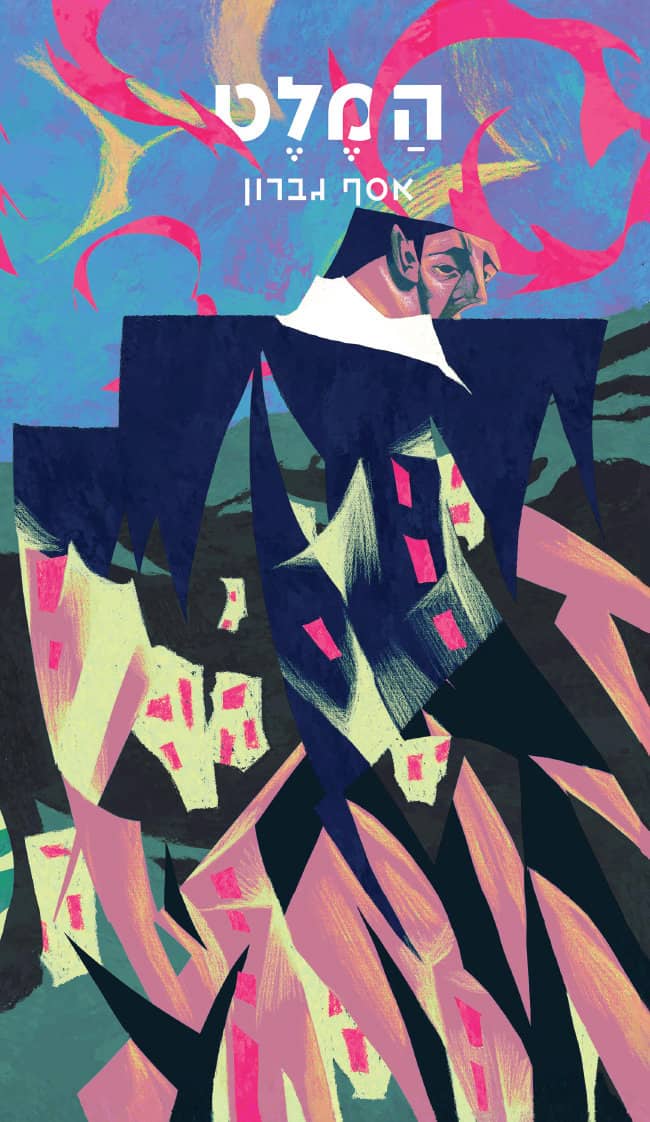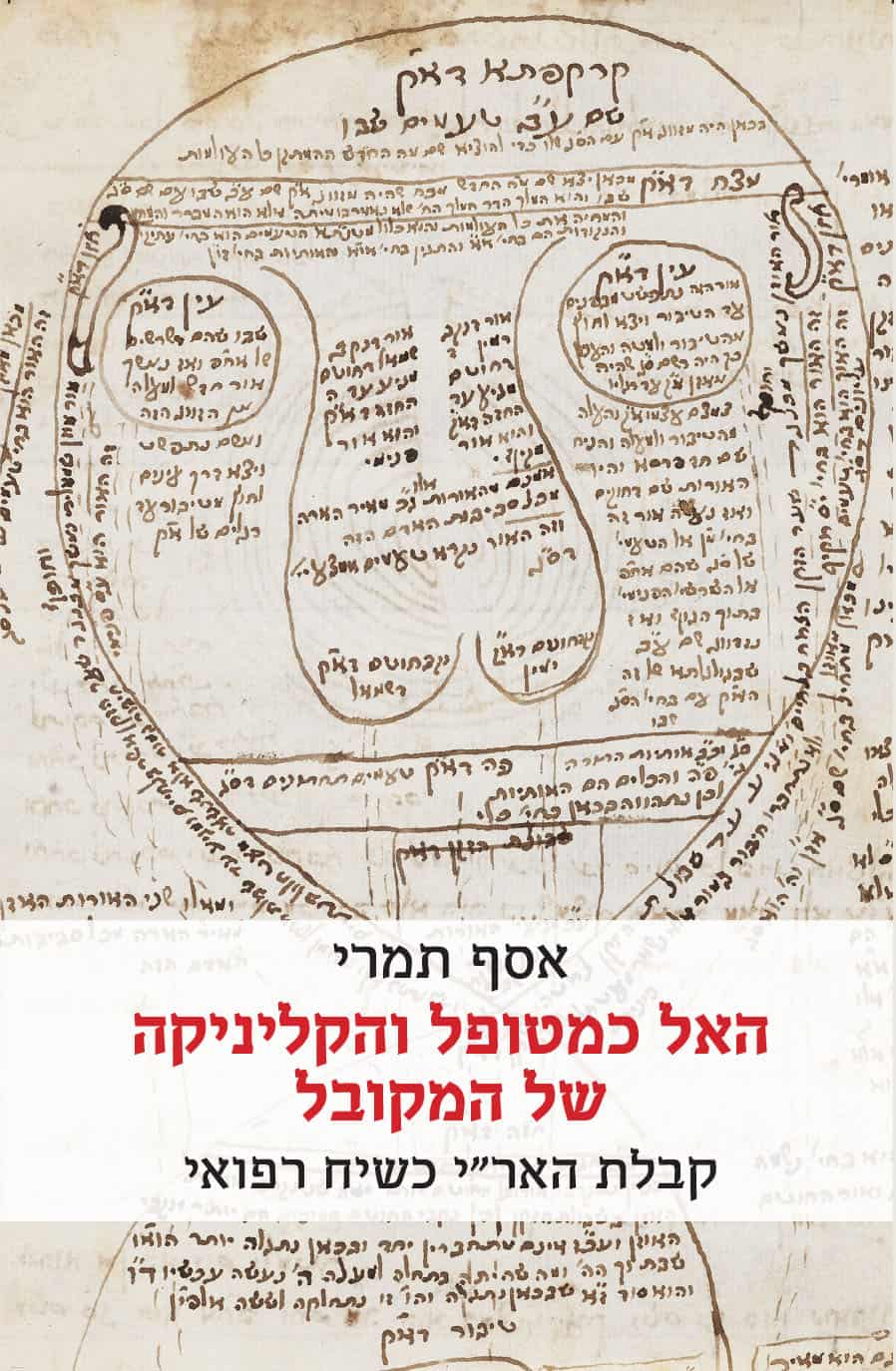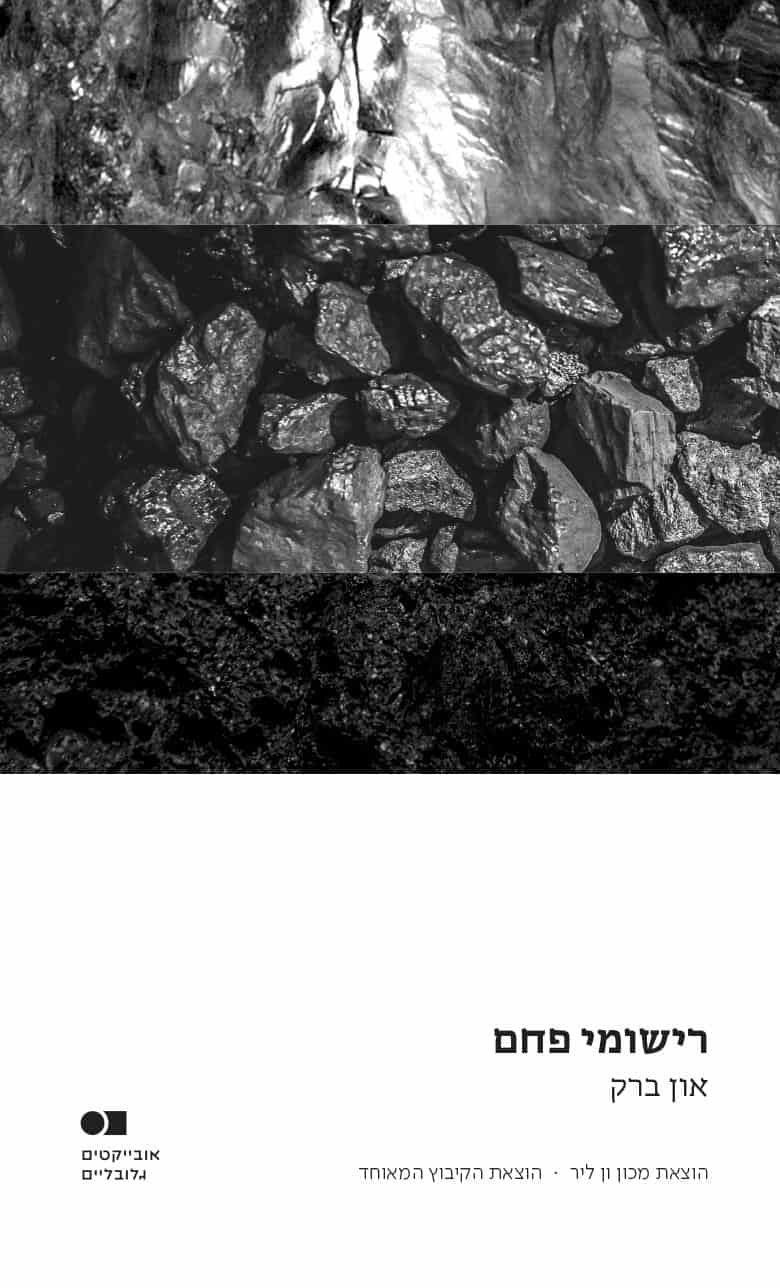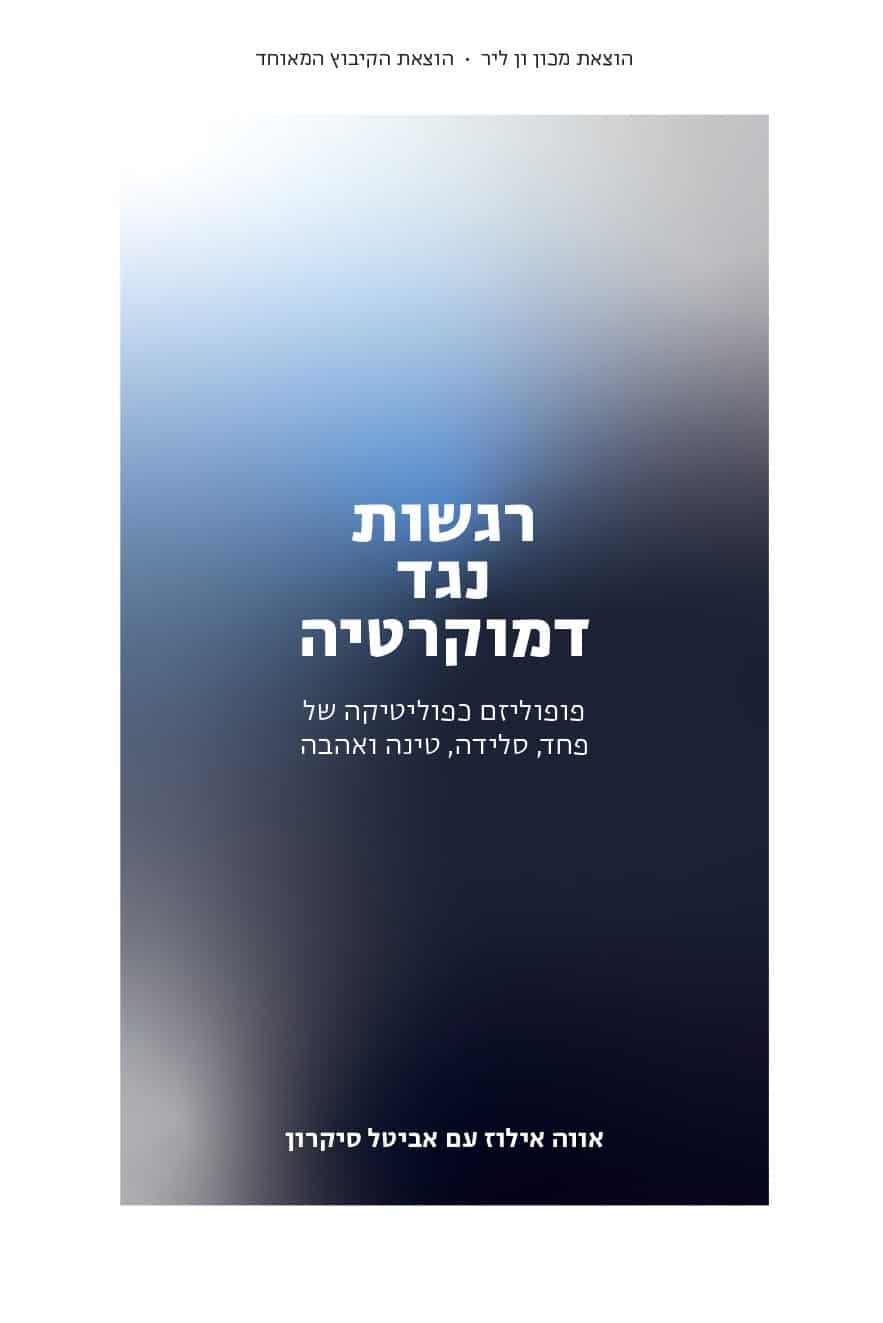Cement (Hamelet)
Four Postcapitalist Novellas
| By | Assaf Gavron |
| Publisher | Van Leer Institute Press & Pardes Publishing |
| Language | Hebrew |
| Year of Publication | 2023 |
| Series | Speculative Fiction |
Ami Alaluf works in his father’s construction firm, based in Dimona. His father, as a young man, discovered a unique cement formula, Yabni-al-zhuba (wondrous cement), that enables rapid and efficient construction. Thanks to the father and the timing of his discovery, on the eve of the country’s joining the Union, the company has prospered and its services have been sought throughout the Union. One particularly steamy summer day Ami is called to return to Dimona immediately. His father has fallen ill, and there are already rumblings of inheritance collusions, on the part of Ami’s mother and his uncle, his father’s brother, Dekel. Ami is increasingly convinced that he knows who is responsible for his father’s illness, and he mulls over how he should act, what his duty is as a son, and what his duty is as a citizen in a new culture in which collectivity and the public good are supreme values.
Cement, as hinted by the Hebrew title Hamelet, is a stirring modern version of Shakespeare’s famous play about indecision and revenge, and Gavron uses it to explore human nature: To what extent does a society that suppresses greed necessarily avoid the expression of fundamental human traits such as avarice and competition? And if these traits are manifested, will they take a new form?
Collection: Four Postcapitalist Novellas >
The year is 2066. After a string of ecological disasters, on the one hand, and a technological acceleration that makes a substantial part of human labor redundant and heralds an era of material abundance, on the other hand, the Middle East realigns politically, socially, and economically, as do other regions of the world. The Banks of the Jordan, the area that includes Israel, Palestine, Jordan, and parts of Lebanon and Syria, is a district with an autonomous government, subordinate to the Council of the Middle Eastern Union. Every individual member is entitled to a universal salary and public housing in exchange for hours devoted to the public benefit.
These four postcapitalist novellas are the fruit of an initiative that grew out of a research group at the Van Leer Jerusalem Institute, led by Dr. Kfir Cohen Lustig. The plot of each of the novellas unfolds in a shared reality conceived and created by the four authors who participated in the group. Each novella is a complete work in itself, but reading the four novellas together broadens the picture of the world and the society described in each novella and reveals a network of connections between issues raised by each one of the four. Each novella is followed by an afterword by Dr. Kfir Cohen Lustig and Prof. Shimon Adaf.




